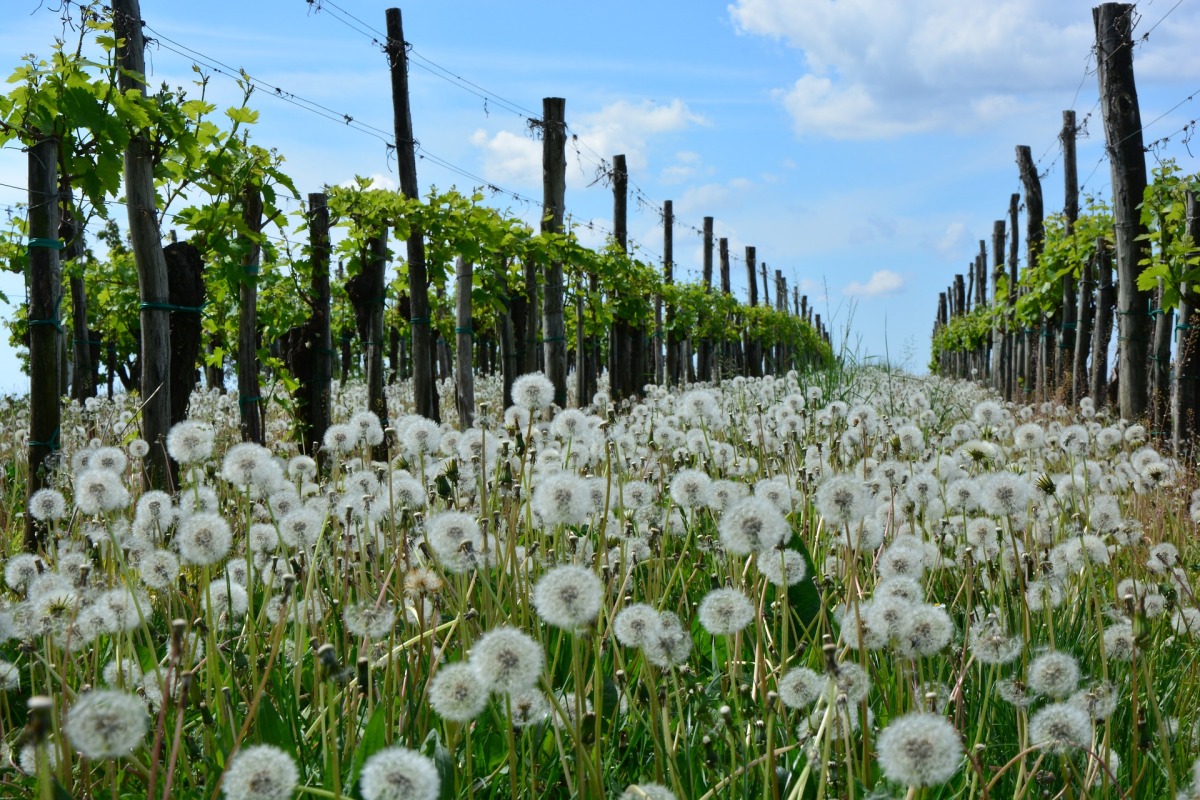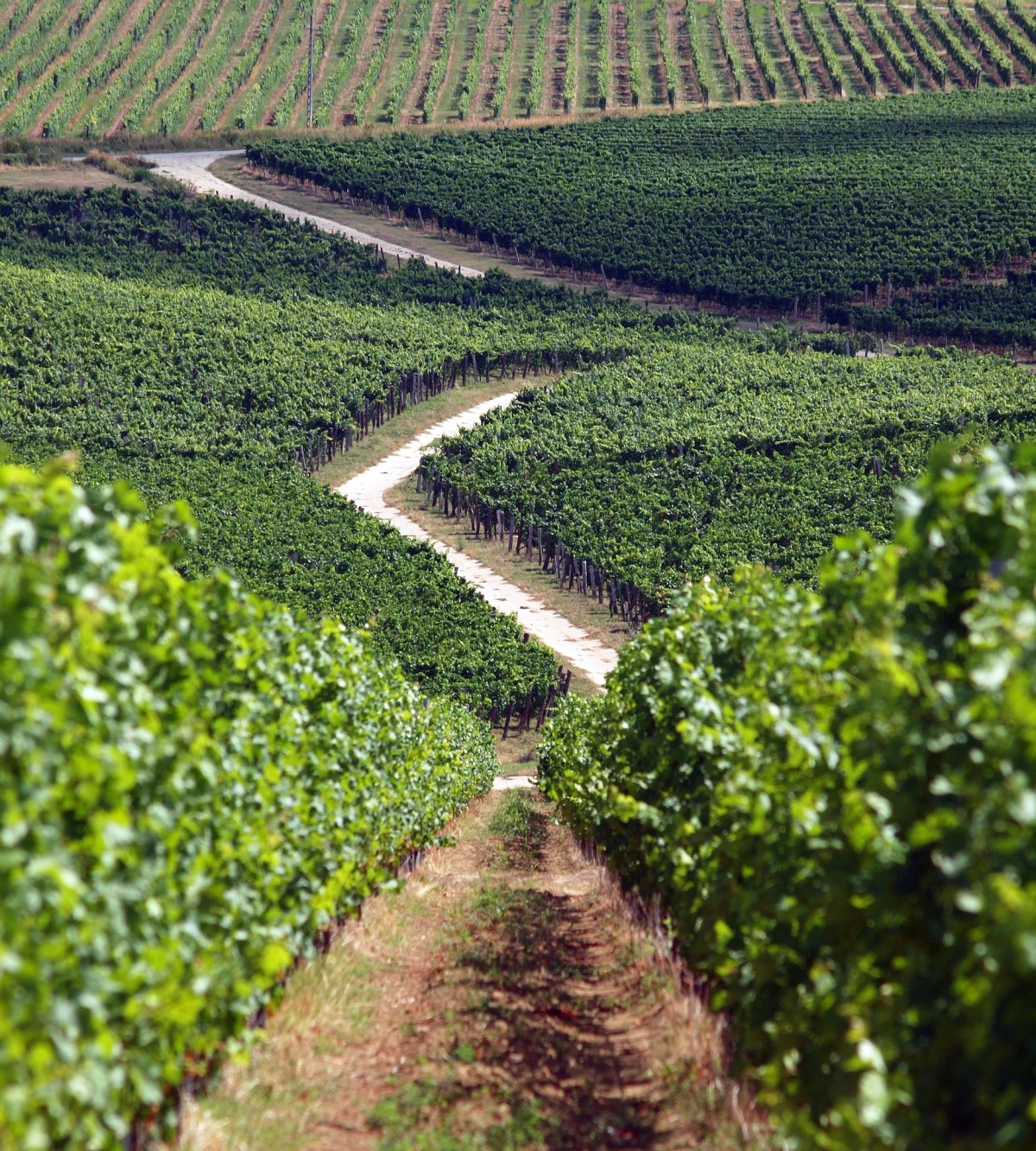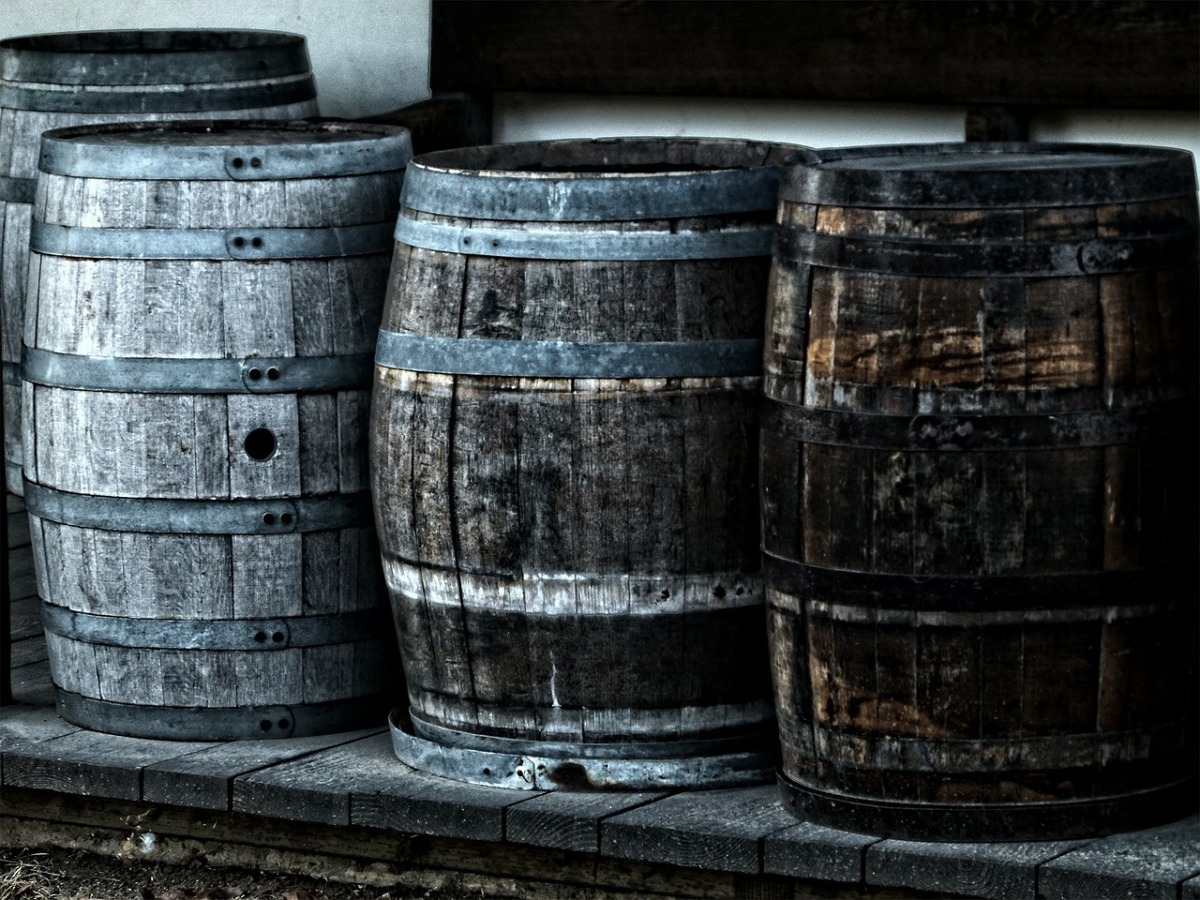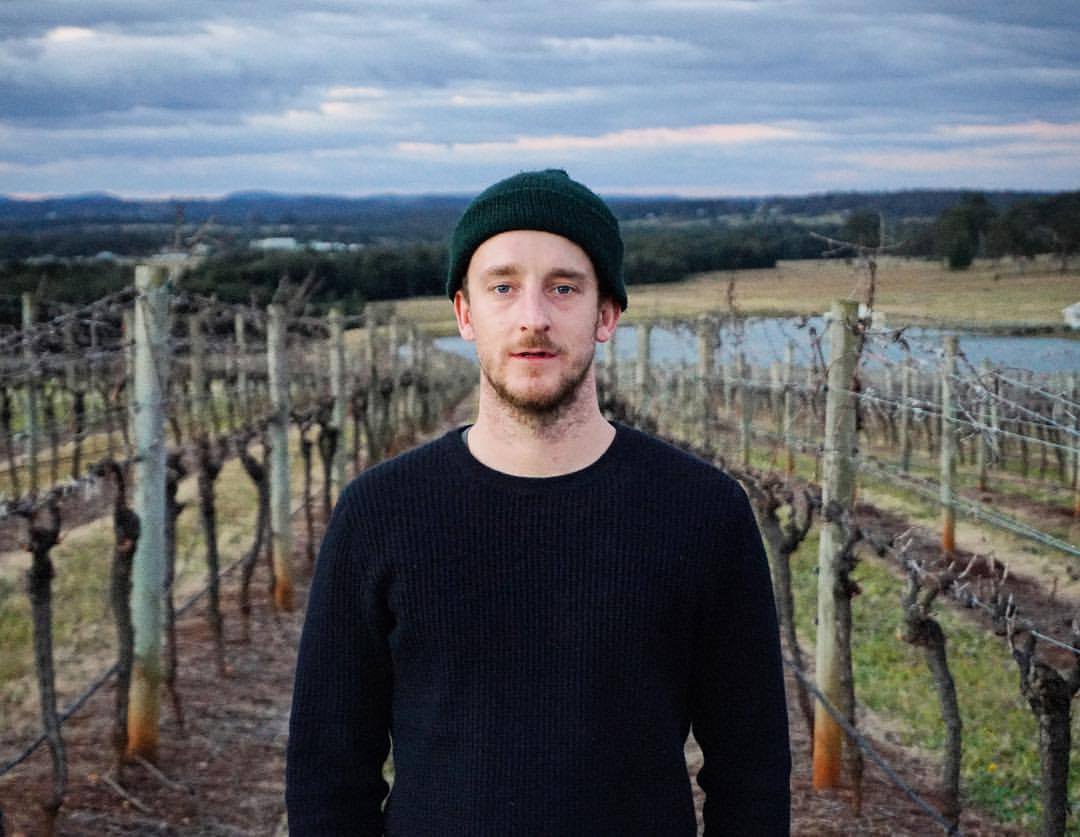B: Do you think Natural wine is a trend in Australia?
D: Natural wines as a trend I feel need to be governed. For instance you and me Bruno could go and buy a tonne of fruit, regardless of how it’s been grown. It could be un sustainable, we could buy that fruit, not have a clue what we are doing with it, throw a natural label on it and get a positive sale, because that seems to be what’s on trend at the moment. Lets be honest, bad wine, is bad wine. The natural wine movement is nothing new. I think there is a problem with natural wines, where they are led down the wrong path, and they can be used towards a fault. Say an air of brett or VA (volitile acid) can do something quite interesting to the wines, as long as it’s controlled. This is opposed to an unforgivable fault, like mousiness, making the wine tired and done. When it is not controlled, this the side of natural wine I see that needs to be moved along. The conventional side of winemaking is not sustainable. We talk about sustainable, we are here for a good time, not necessarily a long time, particularly with the way we are treating the world in terms of agriculture. The way we eat and the way we drink, we are stripping too much and not really giving back to the environment. I think that’s the best thing surrounding natural wines, that it is all about putting things in to your body that aren’t going to harm you, and are not going to harm the environment, that’s one the key points of natural wines that needs to stay, and certainly isn’t a trend
B: Do you think that idea of natural wines being better for the environment would push more people towards drinking natural style wines?
D: The biggest problem at the moment is we have for example when you walk down the isles of a supermarket and get to the organics section, that it seems almost a bit ponsey, labelling that aisle as organic and everything else as the norm. We need to flip those things, and promote, educate and celebrate things that are good for the consumer and for the world. At the moment, it would be interesting to see wines showcasing the production methods used in them on the back of the label. The problem with wine, in particular bad wines, is the amount of crap that is put in to them to make a balanced product; whether its sugars, acids, added tannin, colouring agents, fining agents preservatives. That would ring alarm bells for me.
B: SO I guess you see as natural wines being something to stick around in the Australian drinking scene
D: Well, I hope so. There is a conception here that things that are good for you, are always going to be expensive. Natural wines, which are a lot better for you, don’t necessarily have to be expensive. If people could take a bit more time considering what they are drinking, where it comes from, the people who grew it and made the wine. As opposed to a laboratory effort made to appease a large niche. Who wants to be a part of that? For natural wine to stay around in Australia, it suits my friends and the people I spend my time with, it suits the small bar and restaurant scene. These wines are cool and funky and about passion.
B: from meeting some of these young natural wine makers, they exude such passion and interest in what they are doing, that you can’t help but fall in love with them and the wines they are making.
D: Conventional wine makers will happily put their hand up and say that the vines don’t often see human hands. That’s just a fact. They are all done by machinery. Where as you go to natural wine makers, in particular the ones who grow their own fruit. They will treat each vine as a person, in a sense that each vine is a person, and that each person needs different attention at different times to make a killer product. Rather than to making a consistent product year after year. Wines of passion, of substance, of energy, that tell a story, that’s the sort of stuff I want to drink. There is a place in the market for conventional wine, no doubt, just like there is a place for say, McDonald’s, in the market. It’s just that I don’t like eating McDonalds. I’d rather give my pallet and body a good time, and eat and drink the stuff I feel is cool.
B: DO you think the rise of natural wines is changing people’s ideas and opinions on conventional wines? Do you think that the idea of natural winemakers being so transparent with what is going in to their wines and more people drinking them? Do you think that this will put more pressure on conventional wine makers in a way to perhaps become more transparent and adjust how they make their wines, or do you think they will make their wines like the for the rest of the time?
D: To draw it all back. Natural wines, as simple as they are basically means, honest sustainable fruit that has been pressed and allowed to ferment in a natural way. And essentially gone to bottle without the addition of anything that’s foreign, anything that’s not born of the wine, and little preservatives to sustain that wine life. The sad thing is that unfortunately at the moment, natural wine makers are having to say that they are doing the right thing and educate people on these matters. The conventional wine makers employ smoke and mirror tactics, which unfortunately mean you have people buying and drinking a bunch of shit, as opposed to transparent, hand made, artisanal and very good wine. People are putting all this shit in their bodies and not really having any idea about it.
B: What should good wine be?
D: Good wine should be a reflection of a varietal, and its expression in its own environment, with as little human intervention as possible. For instance, if something is dry grown, we are not there holding its hand and watering it. We are allowing it to thrive in its own environment and become its own thing. The best way to describe natural wine, as an analogy, is telling your child that it has to be a doctor growing up, but it wants to be a rock star.
IN conventional wine, we see much more chemistry. Where as natural wines it’s more about agriculture. Ensuring good vine health, which ensures good fruit, which can make a very good product. A lot of the natural wine makers in fact don’t want to be called makers, but rather be known as growers farmers. More down that agricultural path. For me personally and most natural wine drinkers, is we go wow, all the works in the vineyard and about the fruit, and how it has been cared for and loved. Conventional wine makers are always striving for this perfect replication of previous years, and in my opinion there is no point putting a vintage year on a bottle if its trying to be a previous wine. It’s soulless.
B: Anything you want to add Dan?
D: DRINK GOOD WINE!








